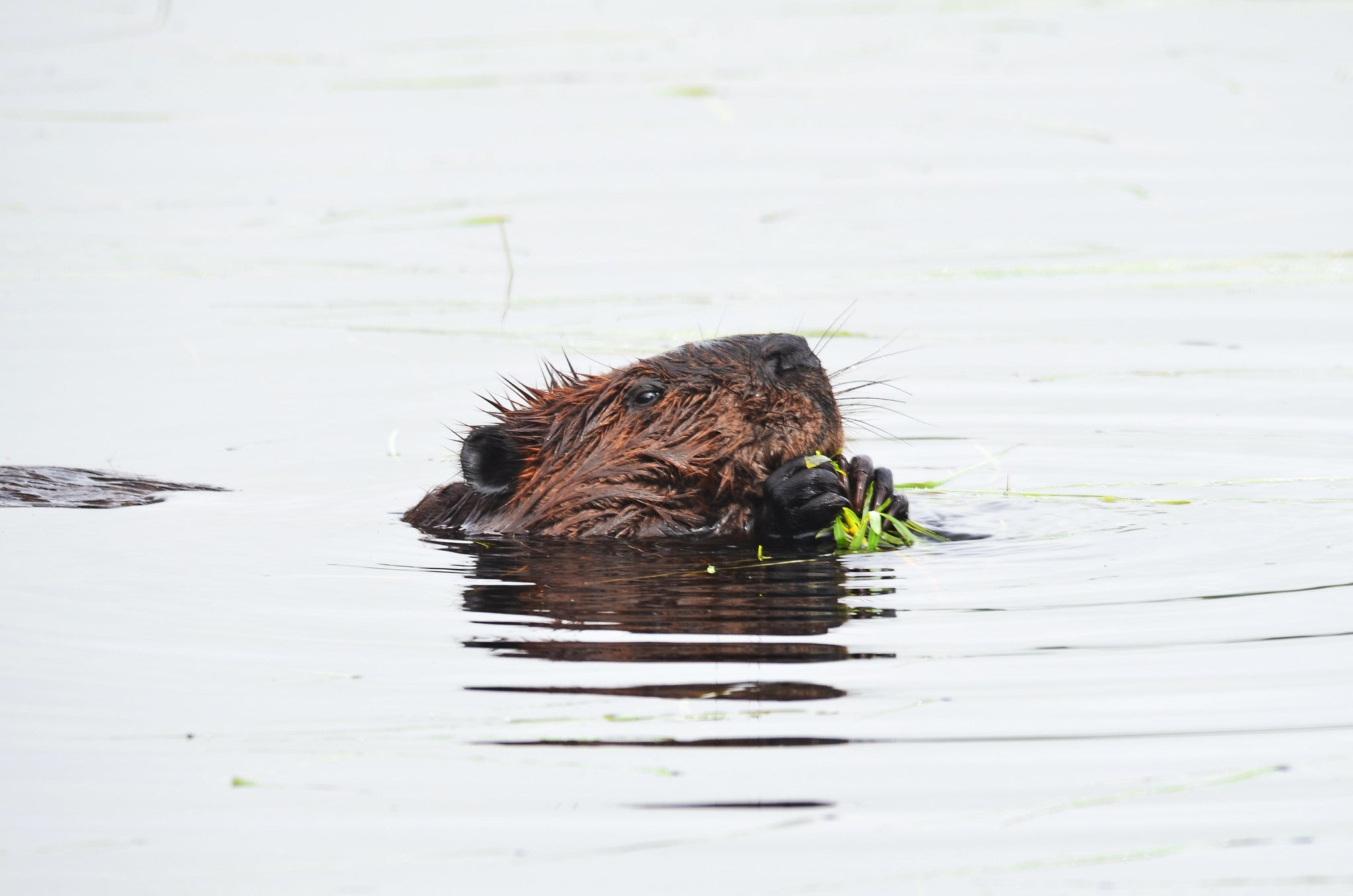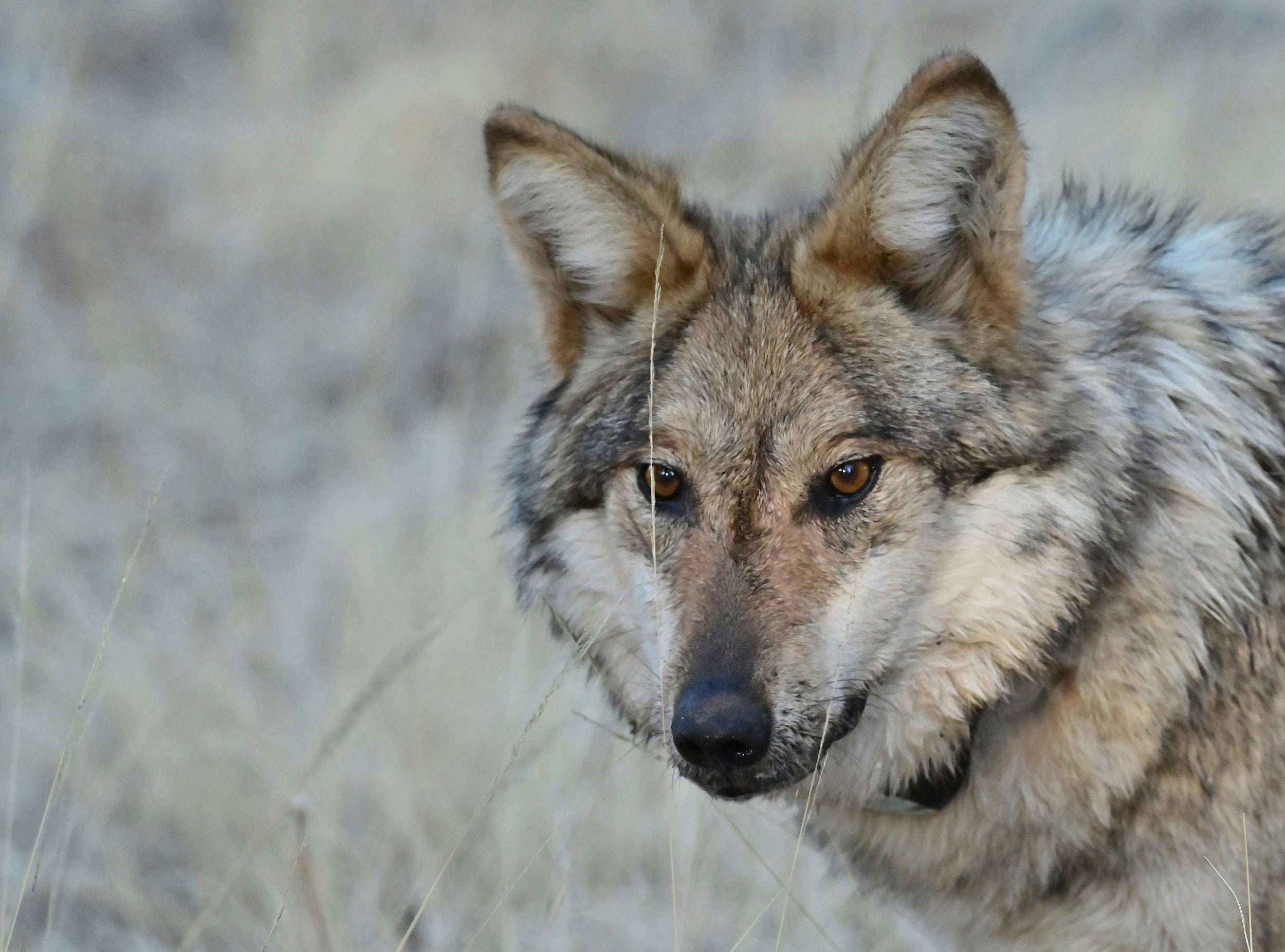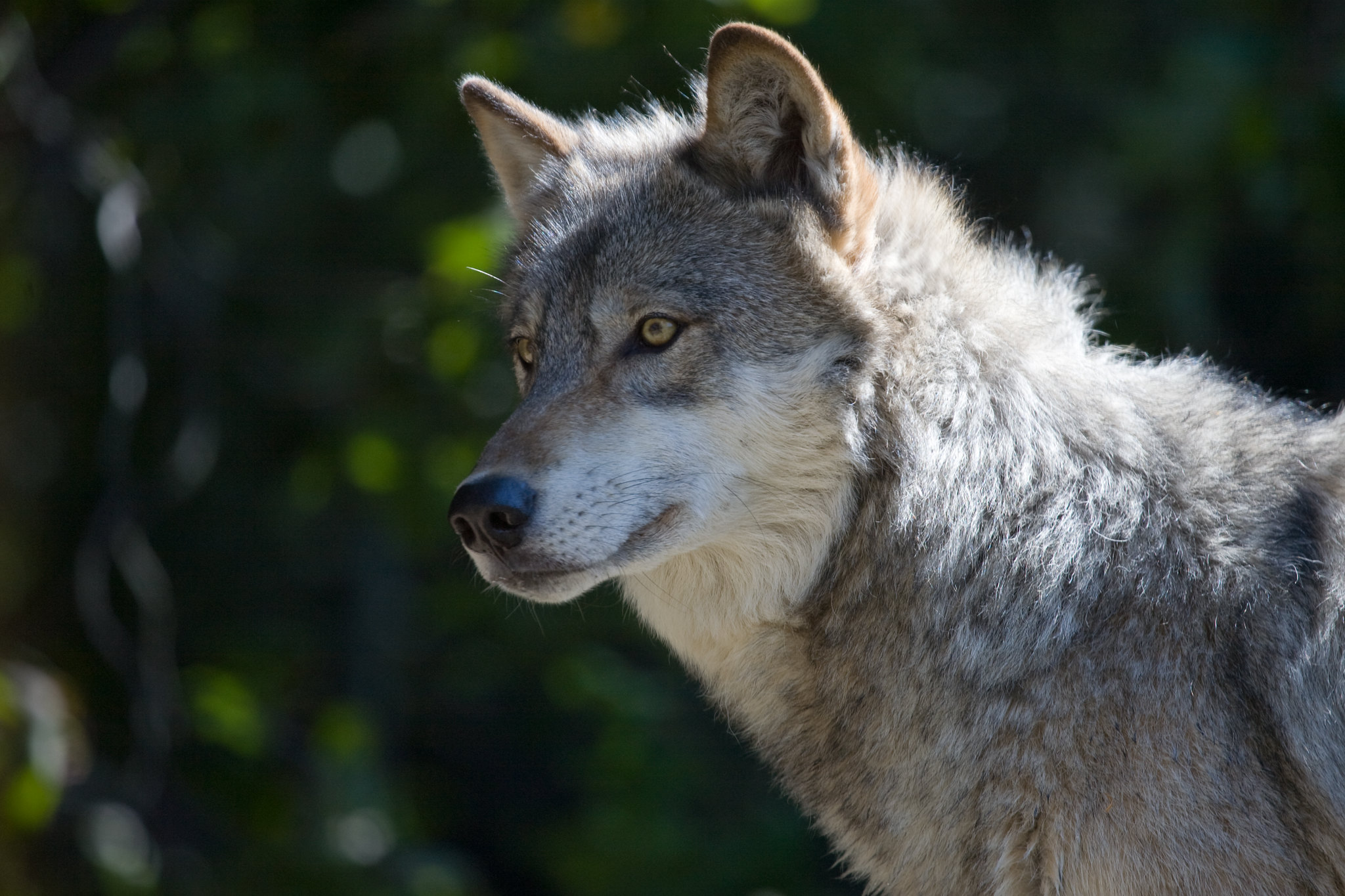Protecting and restoring biodiversity is a key frontier in the fight to protect the environment, and the head of Superior Bio-Conservancy sees two species as essential to maintaining an array of life in northern Wisconsin.
Bob Boucher, founder of the group that wants to safeguard Lake Superior and the Laurentian Forest Province in northern Wisconsin, Michigan and Minnesota, listed beavers and wolves as the two “keystone species that are very important for the functionality of this region in our Northwoods.”
He said recently on WPR’s “Central Time” that the Northwoods and the wetlands in that part of the state “are our coral reefs or our tropical rainforests in terms of species richness,” and they deserve to be protected.
News with a little more humanity
WPR’s “Wisconsin Today” newsletter keeps you connected to the state you love without feeling overwhelmed. No paywall. No agenda. No corporate filter.

Boucher calls himself a “beaver believer” on the Superior Bio-Conservancy website because of how beavers can restore the hydrology of rivers. That can have substantial effects for biodiversity, he said, as beaver dams can make rivers healthier and less likely to flood.
“Beavers as ecosystem engineers create wetlands that support biodiversity and restore the hydrology of rivers, improving water quality and stabilize watersheds,” the website states. “Beaver-created wetlands are the gardens of productivity for insects, reptiles, amphibians, fish, birds and mammals.”
Beavers can affect the environment in other parts of the state, too.
Boucher was part of a November 2020 study that found reinstating beavers in the upper Milwaukee River Watershed lowered peak flood levels in Milwaukee’s downtown by 37 percent. He said that translated to more than $3 billion in flood relief, according to the Milwaukee Metropolitan Sewerage District.
READ MORE: Combined sewage systems could keep overflowing as Wisconsin sees more and more rain
Wolves, the other “keystone species,” are particularly important, because of how they frighten deer, he said. The predator-prey relationship means the deer aren’t entirely free to wipe out large swaths of plant life.
“They serve almost like an antibody, so that they change the behavior,” he said of wolves. “So, (in) these areas where they frequent, you get this regeneration of all these species that get eliminated when you have too many deer.”
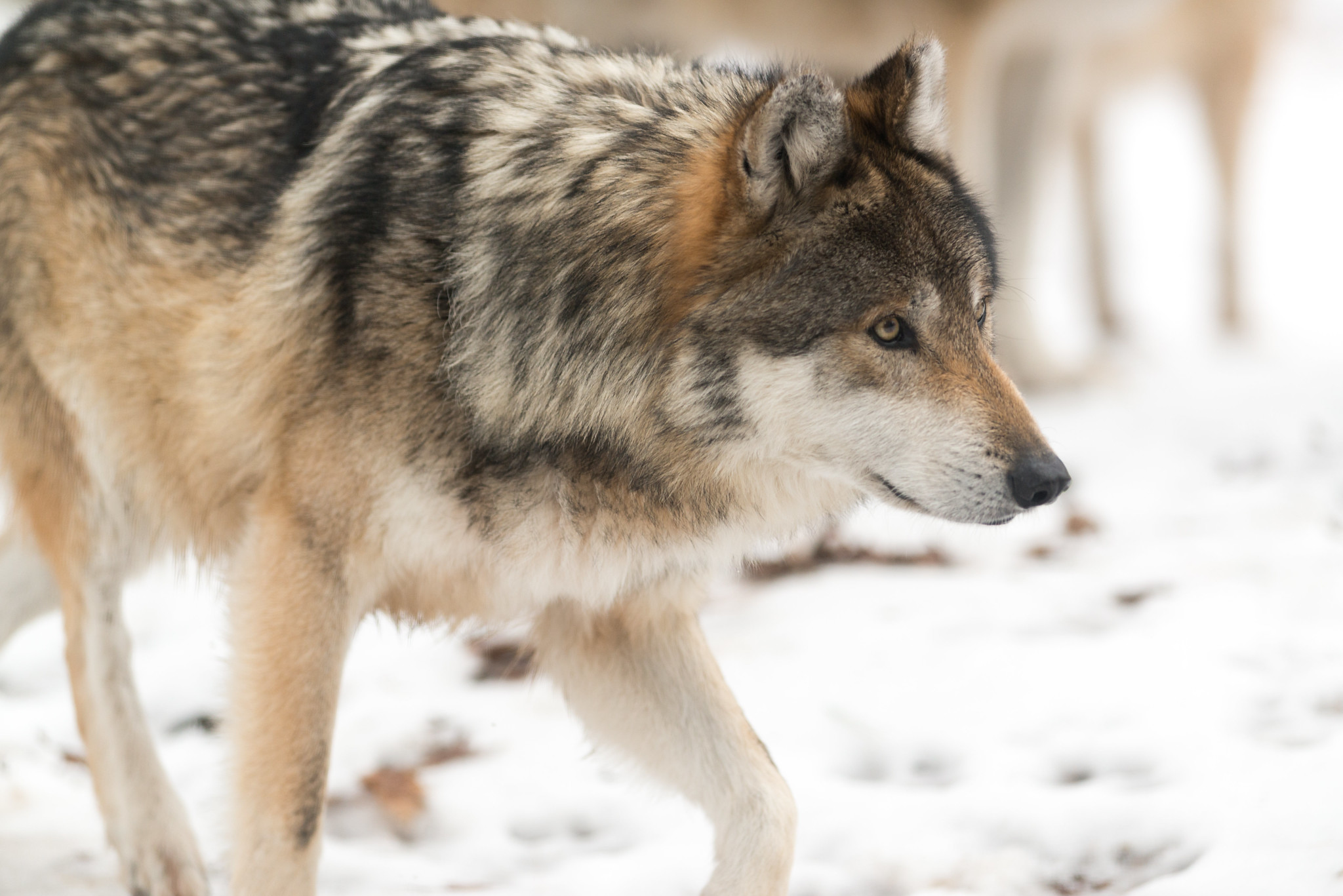
Wolves have been the subject of policy and ensuing legal battles of late, with a federal judge in February striking down a Trump-era decision to remove gray wolves from the list of endangered and threatened wildlife. Two of Wisconsin’s U.S. senators, Republican Ron Johnson and Democrat Tammy Baldwin, introduced a bill last month to remove the wolves’ federal protections.
With wolves back on the list of endangered and threatened wildlife, farmers are prohibited from killing wolves that go after livestock, and wolf hunting seasons are effectively banned.
Boucher said having wolves around makes forests healthier.
“Having wolves is probably the cheapest, easiest (and) healthiest thing we could do for ourselves,” he said.
He encouraged voters to pick representatives who vote on behalf of the environment and biodiversity. So far, he said he sees a lack of political will to adequately manage the climate and biodiversity crisis.
Lisa Naughton is a professor of geography at the University of Wisconsin-Madison. She is an expert in tropical biodiversity conservation who has also studied wolf recovery in the state.
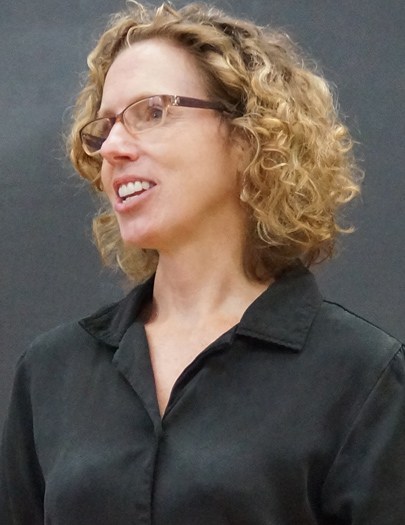
Ecosystems with stronger biodiversity are more resilient to change and better able to bounce back from drought or fire, for example. She said biodiversity keeps the ecosystems functioning, the water clear and enhances the livability of the environment.
She said oftentimes the land that is now government-protected was previously deemed to have low agricultural value or low economic potential. Some of the most species-rich habitats, she said, are on private lands.
“We have to work with private landowners. That inevitably involves some compromise, but it’s urgent,” she said. “We need to keep an eye on biodiversity beyond protected areas. We need to keep our eye on agricultural land use and industrial land use that may have cascading effects for biodiversity.
“And with effort, we can push back,” she continued. “We can turn things around for some species.”
Naughton said biodiversity “has deep value in the quality of our lives.” She spoke with a colleague who lives and grew up in the Northwoods. When he was younger, he could never dream of hearing a wolf, she said.
Of late, she said this colleague and his son can hear the wolves.
“It’s an incalculable joy to hear that,” she said. “So, we have the intrinsic value, the moral value of sharing our beautiful planet with all forms of life.”
Wisconsin Public Radio, © Copyright 2025, Board of Regents of the University of Wisconsin System and Wisconsin Educational Communications Board.

